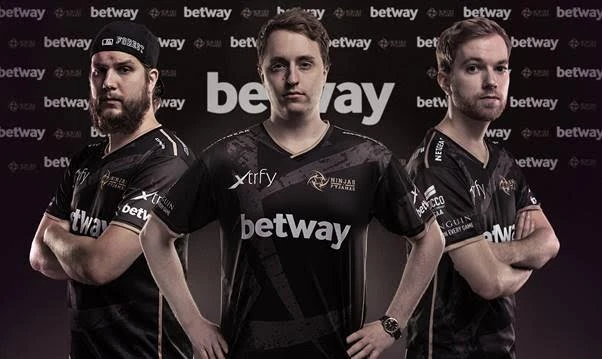Super Group revenue up 7.3% in Q1, but warns it may miss 2022 targets

However, in its earnings call, chief executive Neil Menashe said it could be “tough to meet or exceed our 2022 revenue guidance”.
He added that the business will issue a new guidance with its Q2 results.
Betway made up just over half of Super Group’s revenue, growing 20.0% to $187.0m, while revenue from Spin declined by 4.5% $147.5m.
Breaking revenue down geographically, North America was Super Group’s largest market, bringing in $150.5m, up 1.4%, of which $116.0m came from Spin.
Asia and the Pacific followed with $79.2m, a 16.6% increase, with $55.3m of this coming from Betway.
Africa and the Middle East revenue was up 54.3% to $65.1m and Europe revenue was $32.7m, down 29.7%. Both of these totals were almost entirely from Betway.
Latin America revenue came to $6.9m, up 7.8%, with Betway bringing in $3.3m to Spin’s $3.7m.
Looking at product meanwhile, online casino brought in $204.5m, which was 2.9% less than in Q1 of 2021. Almost all of Spin’s revenue came from online casino, plus an additional $57.5m from Betway.
Sports betting brought in a further $109.5m, up 30.4%, almost all from Betway. Betway made an additional $19.9m from licensing out its brand and $597,000 in other income.
The business then paid $240.7m in direct and marketing expenses, up 12.2%. It also incurred $34.7m in general and administrative expenses, down 20.4%, $16.0m in depreciation and amortisation charges, down 20.0%, and $21.4m in transaction fees related to the $4.75bn merger that took Super Group public.
Super Group also made $2.4m in other operating income.
As a result, its operating profit was $24.1m, down 29.1%.
However, Super Group also incurred a large amount of non-operating costs associated with going public, highlighted by $126.3m in share listing expenses, and also including $29.4m in the change in fair value of warrant liabilities and $24.4m in the change in fair value of earnout payments.
In addition, the business had made a $10.0m gain in Q1 of 2021 from a bargain purchase, which had inflated non-operating income during that year.
As a result, the business made a $154.3m loss before tax, after a $41.5m profit the year before.
After paying $9.0m in tax, Super Group’s net loss came to $163.2m, after a $38.6m net profit a year earlier.
Alinda van Wyk, CFO of Super Group, noted that factors related to the business’ SPAC merger made it difficult to compare the bottom line from Q1 of 2022 to that of 2021.
“The results for the first quarter of 2022 reflected revenue growth and strong cash generation but were challenged on a period over period comparative basis due to industry and economic headwinds and costs related to our business combination and listing as a public company in January,” she said. “Despite tough period over period comparisons, Super Group experienced revenue growth and a period over period 39% increase in cash and cash equivalents.”
Neal Menashe, CEO of Super Group, said the business was confident it would grow further in future quarters.
“During the first quarter of 2022, Super Group began operating as a US publicly listed company and continued to expand in both existing and new markets in line with our growth strategy.” Mr Menashe continued: “Our team has become accustomed to navigating the business through changing and challenging environments, and we believe the strategies that we are executing on will enable us to continue doing so as we take Super Group from strength to strength.”
